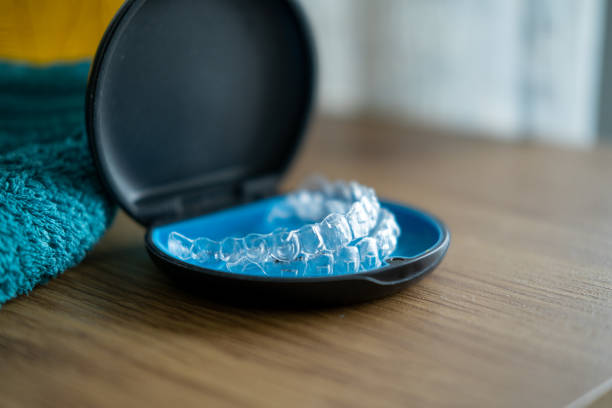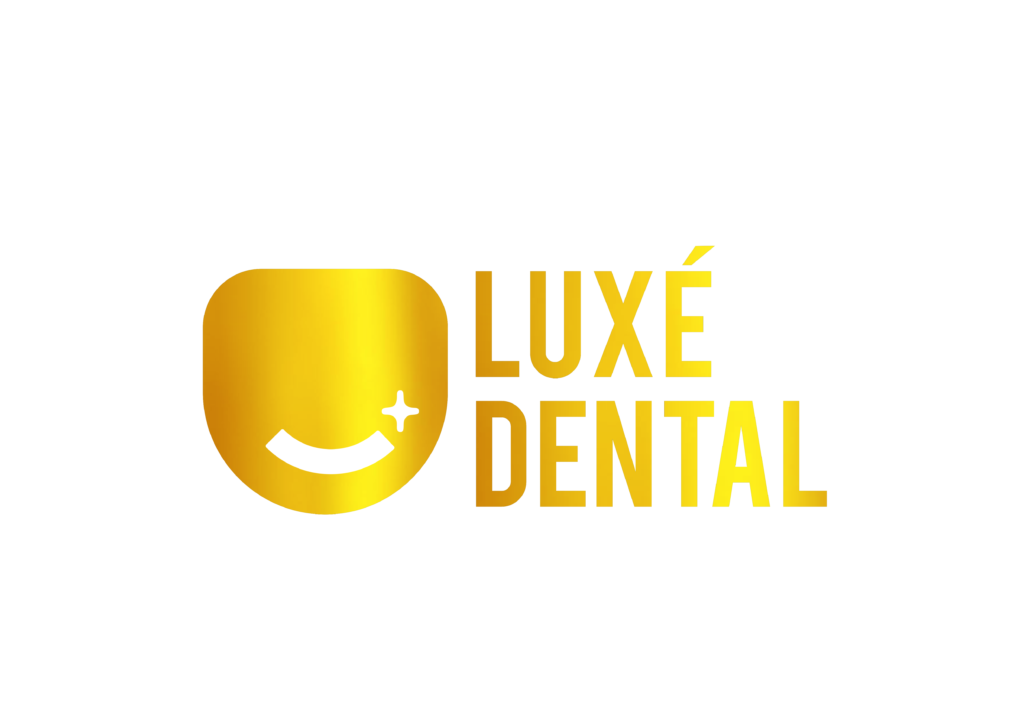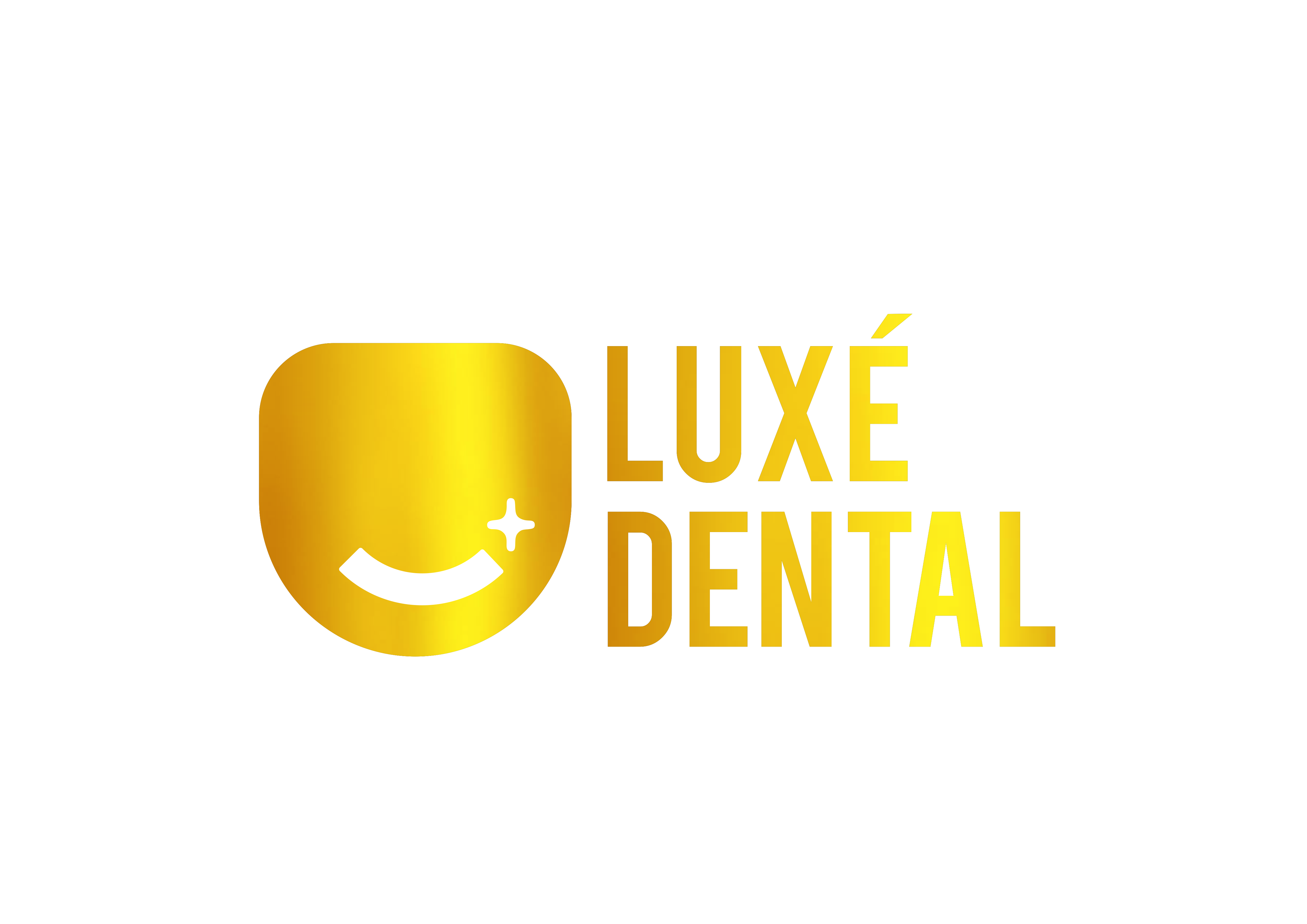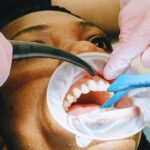Smile Confidently!
Transform Your Smile and Enhance Your Life with Invisalign Invisible Aligners—Available for All Ages.
Leading Provider of Invisalign in Nigeria
Invisalign, also known as Invisible Aligners, offers an orthodontic solution using clear aligners instead of traditional fixed braces. This innovative treatment provides an invisible alternative to conventional metal appliances. With Invisalign, you wear transparent trays according to your dentist’s instructions. Each set of aligners gradually shifts your teeth into the desired position. You change trays every one to two weeks to maintain progress. The Invisalign system utilizes advanced virtual 3D technology to digitally adjust your teeth within specialized software. Subsequently, a series of trays are crafted to gently and progressively align your teeth.
Invisalign Works for Every Smile!
We Offer Customized Invisalign Treatments for All Malocclusions in Kids, Teens, and Adults
Adults, teens, and children alike can achieve a healthier, more aligned smile with Invisalign. Our Lagos clinic offers customized solutions for all ages, including Invisalign Teen for adolescents and Invisalign Kids for children. By investing in Invisalign invisible braces, you reduce the risk of gum disease, decay, and TMJ disorder while enjoying a discreet and effective orthodontic treatment option.

Benefits of Invisalign Clear Aligners
Feel confident socializing with virtually invisible aligners
Enjoy unrestricted diet by easily removing aligners during meals
Experience fewer and shorter dental visits, without the need for brace tightening
Comfortably treat all types of misalignments, even complex cases
Simplify home care with removable, easy-to-clean aligners
Preview your smile in 3D using cutting-edge iTero scan technology
Why Are We The Leading Invisalign Providers in Lagos, Nigeria?

Cutting-Edge Technologies
Experience precision with our state-of-the-art iTero digital scanners, eliminating the need for messy impressions.

Convenient Location
Conveniently situated in Ikeja GRA, Lagos, our clinic is staffed by certified Invisalign Orthodontists dedicated to preserving and enhancing your beautiful smile.

Accredited Team of Invisalign Providers
Certified Invisalign Provider (ITC) by Align Technology Switzerland, showcasing expertise in advanced orthodontic treatments

Personalized Treatment Approach
Our skilled team will explore various treatment options and create a customized plan tailored to your specific requirements.

Flexible Payment Solutions
Choose from a range of flexible payment plans tailored to your needs.

Digital Scan with 3D Simulation
We provide free digital scans with 3D simulation to show you how your teeth will look after your Invisalign journey
Tailored Invisalign Treatment Options
Invisalign for Minor Orthodontic Cases
Customizable and effective, Invisalign addresses less complex orthodontic issues such as crowded teeth, small gaps, and minor bite abnormalities. Its personalized approach provides aesthetically pleasing results, ideal for mild misalignment
Invisalign for Complex Orthodontic Cases
Invisalign effectively treats severe crowding, complex misalignments, and biting issues like overbites, underbites, and crossbites. Its advanced technology ensures customized treatment for each patient, gradually aligning teeth discreetly with transparent clear aligners.
Invisalign for Cosmetic Cases
Ideal for cosmetic concerns, Invisalign corrects issues like gaps between teeth, minor overcrowding, and mild misalignments, delivering a cosmetically appealing smile. Its clear aligners offer an invisible treatment option, enhancing the overall appearance of one's smile discreetly.
How Does Invisalign Process Work?
Comprehensive Smile Transformation
Begin your transformative journey with a thorough consultation led by our expert orthodontists certified in Invisalign. Utilizing the advanced iTero Element Scanner, we capture a precise 3D imprint of your dental structure, offering a glimpse into your future with a stunning smile.
Wear Your Custom Invisalign Aligners
Receive your personalized Invisalign aligners, meticulously crafted to fit seamlessly onto your teeth. During this process, we address any concerns, provide guidance on care, and encourage consistent wear, removing them only for meals or beverages. Regular visits every 6 to 8 weeks allow us to monitor progress and provide the next set of aligners.
Maintain Your Radiant Smile
Celebrate the conclusion of your Invisalign journey with a radiant smile. However, maintaining perfection requires care. Preserve your brilliant smile with our custom retainers, following our recommendations for optimal wear time to ensure lasting charm

Google Reviews
 Akinrinsola Ipaye2024-03-28Excellent service
Akinrinsola Ipaye2024-03-28Excellent service janno dunn2024-03-12Very professional
janno dunn2024-03-12Very professional Adesina Gbenga2024-02-13Very helpful and cordial staff that provide insightful ideas
Adesina Gbenga2024-02-13Very helpful and cordial staff that provide insightful ideas Tamaraedubamo Sesebo2024-02-05After visiting my dentist, the teeth filling and polishing experience was quite comfortable. The dentist explained the procedure thoroughly, and the filling was done efficiently. The polishing left my teeth feeling smooth and refreshed. Overall, it was a positive dental visit.
Tamaraedubamo Sesebo2024-02-05After visiting my dentist, the teeth filling and polishing experience was quite comfortable. The dentist explained the procedure thoroughly, and the filling was done efficiently. The polishing left my teeth feeling smooth and refreshed. Overall, it was a positive dental visit. Oluwamayowa Ogbeide2024-02-03Professional with good equipments ??
Oluwamayowa Ogbeide2024-02-03Professional with good equipments ?? Faith Nweke2023-12-27Extremely professional
Faith Nweke2023-12-27Extremely professional Emeka Elo2023-12-22From the moment I walked in, the receptionist was very welcoming. She handed me a form and explained how to fill it. She also answered the questions I had. I had scaling and polishing procedure which went smoothly. Before the procedure began, the doctors explained what it was about. They also answered and gave more information concerning the questions I had. Such a very calm & peaceful environment. Definitely making here my regular spot for dental checkups ?
Emeka Elo2023-12-22From the moment I walked in, the receptionist was very welcoming. She handed me a form and explained how to fill it. She also answered the questions I had. I had scaling and polishing procedure which went smoothly. Before the procedure began, the doctors explained what it was about. They also answered and gave more information concerning the questions I had. Such a very calm & peaceful environment. Definitely making here my regular spot for dental checkups ? Stephen Okeke2023-12-12Wow I enjoy the service today ☺️
Stephen Okeke2023-12-12Wow I enjoy the service today ☺️ Damilare Adeesan2023-12-05Good service
Damilare Adeesan2023-12-05Good service Omotunde Agboola2023-11-24I live abound and coming back home to see a dentist has never been on my mind, but this clinic is so different from what has been around. The staffs are very friendly with highly trained, the environment is very clean and the doctor is very professional and knowledgeable about everything concerning my teeth. I will come back again . Thank you for giving me a wonderful smile.
Omotunde Agboola2023-11-24I live abound and coming back home to see a dentist has never been on my mind, but this clinic is so different from what has been around. The staffs are very friendly with highly trained, the environment is very clean and the doctor is very professional and knowledgeable about everything concerning my teeth. I will come back again . Thank you for giving me a wonderful smile.
Experience the Discreet Comfort of Invisible Aligners
Wondering if Invisalign is the right choice for you? Reach out to Luxe Clinic today to schedule a consultation with our certified Invisalign providers and discover if you qualify. Take advantage of flexible financing options and enjoy the convenience of fewer appointments with our modern aligner systems.
Invisalign Most Popular FAQs
The duration of Invisalign treatment varies based on individual dental needs and goals. Minor adjustments could be as brief as 6 months, whereas more extensive alignments might require up to 18 months. Many patients notice visible improvements within just a few weeks.
The Invisalign warranty covers any defects in material or workmanship. This means that if there’s an issue with the actual aligner – say it breaks, warps, or just doesn’t fit right – you’re covered
Invisalign has over 14 million global success stories and is highly effective for mild to moderate teeth crowding. It is particularly appealing to those who prefer an alternative to traditional metal braces. A consultation will determine if Invisalign meets your specific orthodontic requirements.
Invisalign, a pioneer in clear aligner technology, features SmartTrack material which facilitates up to 75% more precise tooth movement. Additionally, it can achieve desired results up to 50% faster than many competitors.
Invisalign is equipped to handle a range of dental issues from basic straightening to complex adjustments, including overbites, underbites, crossbites, open bites, gaps, and crowding.
Yes, Invisalign is excellent for correcting shifts in teeth alignment often seen after traditional braces, particularly if retainers have not been consistently used.
Maintaining your Invisalign aligners involves regular brushing and rinsing with lukewarm water. For optimal cleanliness, consider using specialized cleaning tablets. Always brush your teeth after meals and before reinserting your aligners.
After completing your Invisalign treatment, using retainers is crucial to maintain your new smile. Our orthodontists recommend retainers to ensure your teeth stay in place and prevent any future misalignments.
We do, indeed! We are delighted to provide payment options that may be discussed with you at your appointment to help you better manage the expense of your Invisalign plan.
The cost of Invisalign in Nigeria can vary based on your specific requirements, including the type of orthodontic correction needed and the treatment duration. At Luxe Dental, Invisalign costs range between $4,000 and $6,000 (converted to Naira at the current exchange rate).
Invisalign is a form-fitting orthodontic tray that places gentle pressure on your teeth. Each time you change your tray out with the next in the series, your tooth movement is progressed. The entire process is mapped out using 3D virtual imaging, which allows Invisalign to print custom-fitted trays instead of using fixed wires and brackets.
Do not eat while wearing Invisalign. Invisible braces that use clear aligners need to be removed during meals. Brush or rinse your mouth after eating before putting your trays back in.
Our Dental Specialists
Our team of skilled dentists specializes in a variety of dentistry fields and comes armed with years of dental experience.




